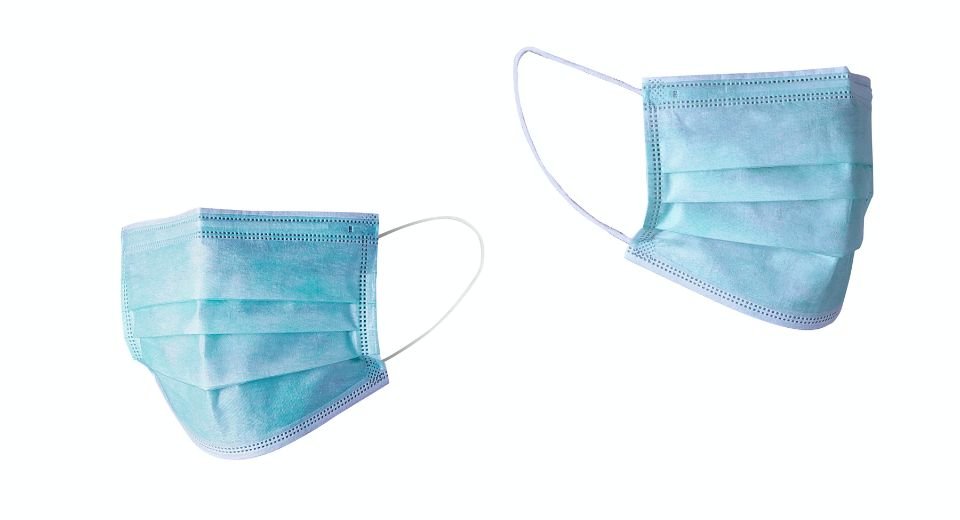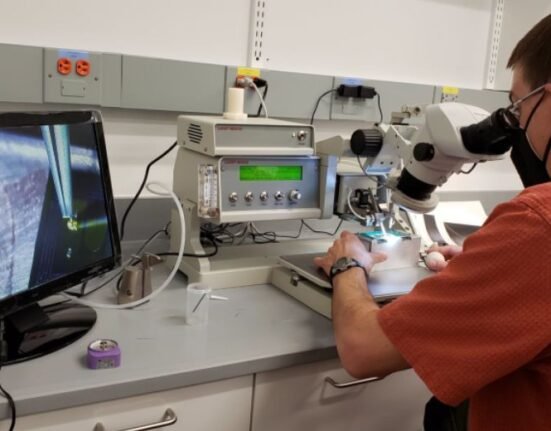By K. Leelamoni
November 5, 2023: Outbreaks of pneumonia affecting children in parts of northern China, the US, the Netherlands, and Denmark are higher than usual for this time of year than in previous years.
The Chinese Health Ministry has asked their local health authorities to increase the number of fever clinics and urged people to wear masks to stop the disease from spreading.
They think that this increase in respiratory illness is due to the lifting of the Covid 19 restrictions and due to the increase in the circulating infective agents like influenza, mycoplasma pneumoniae and respiratory syncytial virus.
As child pneumonia cases in China are increasing the WHO has alerted other countries to take measures to prevent the spread of the disease like appropriate vaccination, staying home when ill, wearing masks, getting tested and availing medical care as needed and ensuring good ventilation.
In India also states are put on high alert to review their preparedness to tackle such illnesses. The hospitals have also been given directions to boost their vigil by reporting severe acute respiratory illness and influenza-like illness.
Children are the target
More than 200 viruses can cause respiratory infection, including, adenoviruses, enteroviruses, rhinoviruses, coronaviruses and RSV.
Serious symptoms can manifest in young children who get the infection for the first time. It takes about a week for specific immunity to develop its arsenal to a new pathogen.
After the infection is cleared, memory cells remain to protect against future infections. To escape immunity, viruses mutate to avoid recognition.
Pneumonia is a form of acute respiratory infection that affects the lungs and kills more children than any other infectious disease. Every day at least one child dies from pneumonia every 43 seconds, according to UNICEF.
It claims the lives of over 700,000 children under five years old every year. The highest incidence is seen in South Asia and West and Central Africa.
Almost all these deaths are preventable.
In a normal person, the lungs are made up of small sacs called alveoli, which fill with air during breathing. But in pneumonia, the alveoli are filled with fluid or pus which makes breathing difficult and limits the oxygen intake.
Pneumococcus
The most common causes of pneumonia are bacteriae and viruses. Common bacteriae are streptococcus pneumoniae (pneumococcus) and haemophilus influenza type b (Hib).
RSV or respiratory syncytial virus and SARS-CoV-2 and influenza viruses can also cause pneumonia. Another pathogen an’ atypical’ bacterium called mycoplasma pneumoniae has also been associated with pneumonia as seen with the current Chinese outbreak.
Measles and whooping cough can also lead to pneumonia in children.
In children below five years of age who have cough or difficulty in breathing with or without fever, pneumonia can be diagnosed by either fast breathing or lower chest wall indrawing.
Wheezing is more common in viral pneumonia. Severely ill children may not be able to feed or drink.
Antibiotics can treat most cases and only severe cases need hospitalisation.
Passive smoking
A weak immune system due to malnutrition especially in the absence of exclusive breastfeeding, pre-existing illness like measles, indoor air pollution caused by cooking in stoves using wood or dung, living in crowded rooms and passive smoking are the risk factors.
Immunisation is one of the most important public health interventions and a cost-effective strategy to control infectious diseases in children.
Fortunately for us in India, we have a very strong immunisation programme called UIP (Universal Immunisation Programme) for the under-fives.
The pentavalent vaccine gives protection against whooping cough and haemophilus influenza b in addition to protection from diphtheria, tetanus and hepatitis B.
The vaccine is given to infants on the 6th, 10th and 14th week of life.
I remember an interesting experience related to the pentavalent vaccine.
Strong monitoring
When the state government in Kerala was planning to introduce with pentavalent vaccine, there was a huge criticism about its need among the public. So an expert committee was formed to study the concerns regarding the vaccine.
Two professors of paediatrics and myself were the members under the chairmanship of the Director of Health Services.
We studied in detail the safety efficacy and feasibility of the vaccine and recommended strongly that the pentavalent vaccine should be made available to all children in the state through the health services system.
We also suggested a strong monitoring of the vaccinated children. Thus the pentavalent vaccine was introduced in Kerala in December 2011 and by 2014, the entire country was covered by this program.
This shows that unless the community is properly sensitised, it will be extremely difficult to take preventive steps, especially like introduction of a new vaccine.
So far the outbreak remains almost contained to certain parts of China and the Chinese authorities have ramped up surveillance and strengthened the health care system for testing and treatment facilities.
Adequate nutrition
Even if the outbreak spreads beyond China’s borders, India’s health system is strong and ready to face the situation. However, all our states should be on high alert by stepping up their measures like hospital preparedness in case of a surge in respiratory illness.
Stepping up surveillance, creating awareness among the public regarding the use of masks in crowded areas, practising cough hygiene, and frequent washing of hands, are needed.
Staying home when ill getting tested, seeking medical care as and when needed, and adequate nutrition starting with exclusive breastfeeding for the first six months of life is another factor.
The world is in a different situation now than it was before 2019. The traumatic experience of the Covid-19 pandemic made us ready to face any other calamity. Globally also we are in a better position to deal with infectious diseases due to the very same experience.
(The writer was a former Head of the Department of Community Medicine at the Government Medical College in Kozhikode and Thiruvananthapuram and worked at the Amrita Institute of Medical Sciences in Kochi.)









5 Comments